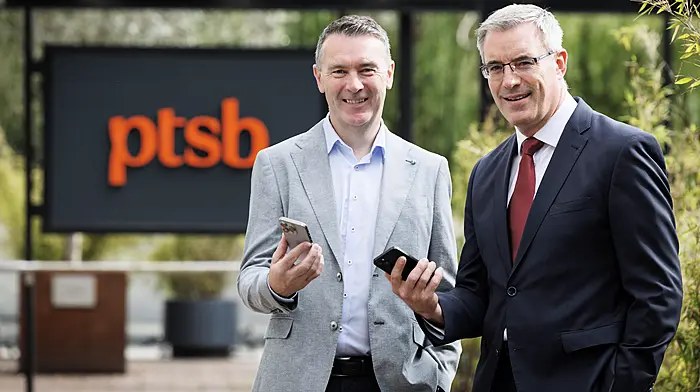The English comedian Les Dawson once reflected that ‘Families are like fudge, mostly sweet, with a few nuts.’
Families are important in Ireland. Although now less common, most of us would have grown up with a wide extended family as part of our day-to-day life.
I often hear from people that cancer is ‘everywhere’ in their families.
In Ireland, we generally have quite a number of first- and second-degree relatives; that is, parents, siblings, children, grandparents, aunts, uncles, so the family tree fills out quickly.
When you consider that one in every two of us will develop cancer, it’s not uncommon to find cancer in your family.
But seeing it doesn’t always mean it’s inherited. Sometimes it just reflects how common cancer is overall.
Although we may feel very close to our cousins, we actually only share about 12.5% of our DNA with them, which are the specific bits passed down from shared grandparents.
That doesn’t mean the genes we do share aren’t doing anything.
There has been an explosion of interest in genes lately. Some companies now offer online genetic tests as a way of finding lost relatives.
In 1987, two Canadian teenagers were murdered in Washington State. For 30 years, no one was found responsible.
Then in 2018, investigators uploaded DNA from the crime scene to a public genealogy website.
By matching it to people who had submitted their own, they identified distant relatives and eventually arrested a 55-year-old man.
This sparked a huge debate about privacy and genetic data. Criminal genetic genealogy was born, and with it came heated debates about privacy, ethics, and legality.
Gene tests can reveal more than just medical risk, as they can uncover unexpected truths about family relationships.
When some of the original genetic studies set out to answer their research questions, they occasionally uncovered sensitive information, including cases where the presumed father wasn’t the biological one.
On average, this occurred in about 4% of cases, with some more recent studies reporting slightly lower rates.
These findings raised difficult ethical questions for researchers and serve as a reminder that DNA tests, while powerful, can reveal truths that may not have been sought; perhaps something to consider before giving one as a Christmas present.
From a medical perspective, genes in our families do influence our health.
But it’s far more than just genes.
Most traits, like height, skin colour, and cancer risk, are influenced by combinations of genes.
Furthermore, genes themselves can switch on or off depending on the environment. The health of parents at the time of conception can also influence how genes behave.
During World War II, when the Nazis blocked food supplies to parts of the Netherlands, pregnant women survived on as little as 400–800 calories a day.
The children born during the famine were more likely to develop obesity, diabetes, and heart disease later in life.
Remarkably, their grandchildren also showed changes in health risks, suggesting that genes, in a way, have memories.
Genes can be confusing for doctors as well. I remember once having a trainee doctor in clinic.
One day, when they came to discuss a patient with me, I noticed they were wearing jeans.
Now, I’m a little old-fashioned, so I pointed out that the jeans were a problem.
They confidently replied that the jeans were fine.
I said no, I didn’t think they were fine. Looking puzzled, the trainee said, ‘But Dublin says the jeans are fine!’
Mildly irritated, I told them I really didn’t care, and that this wasn’t Dublin.
Flustered, the poor trainee pulled out the chart and showed me a letter from the Dublin hospital which said that the patient’s genes were fine.
I apologised, and asked them to consider trousers in future.
Know the facts, own your risk, and decide for yourself.









